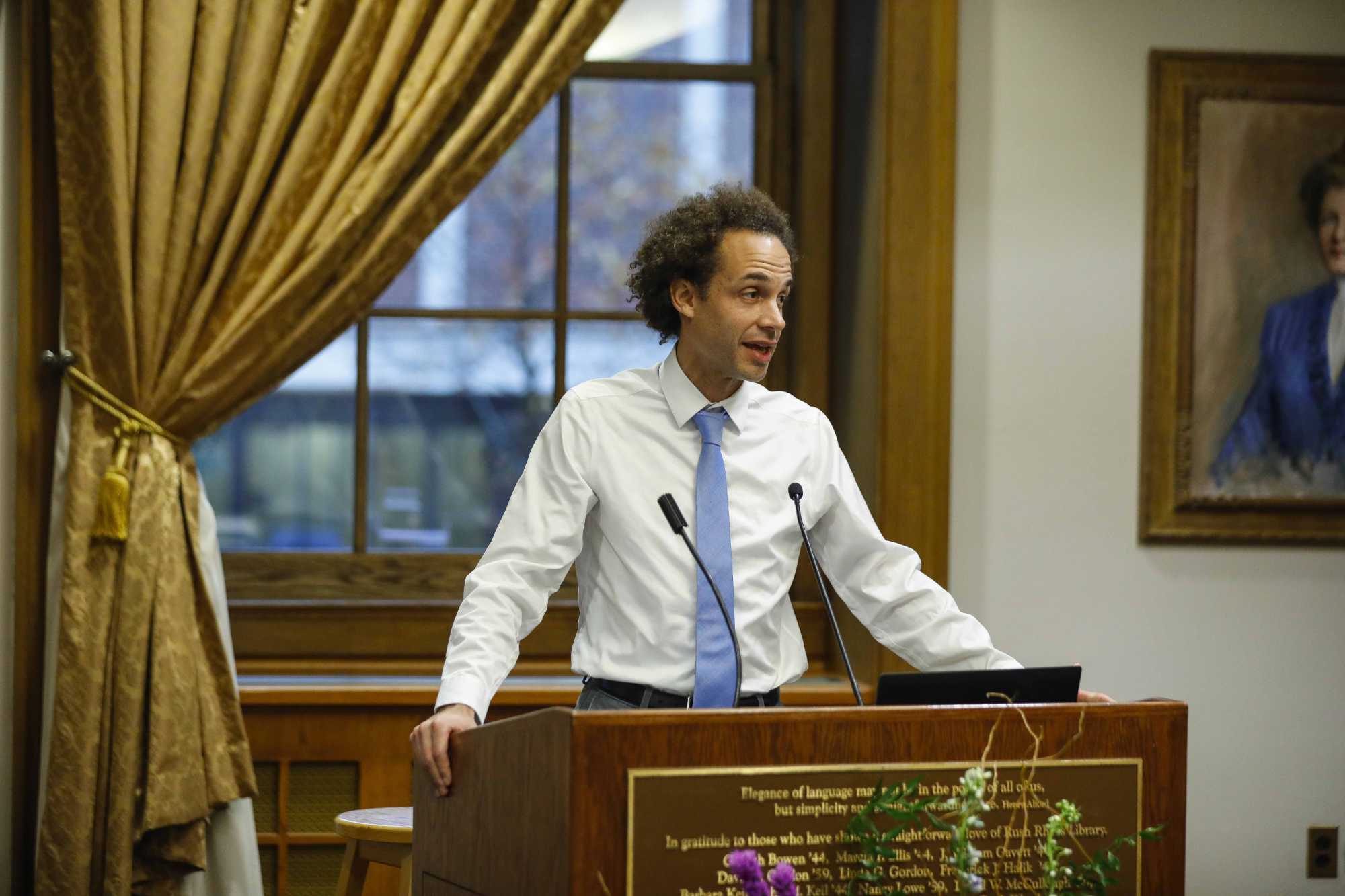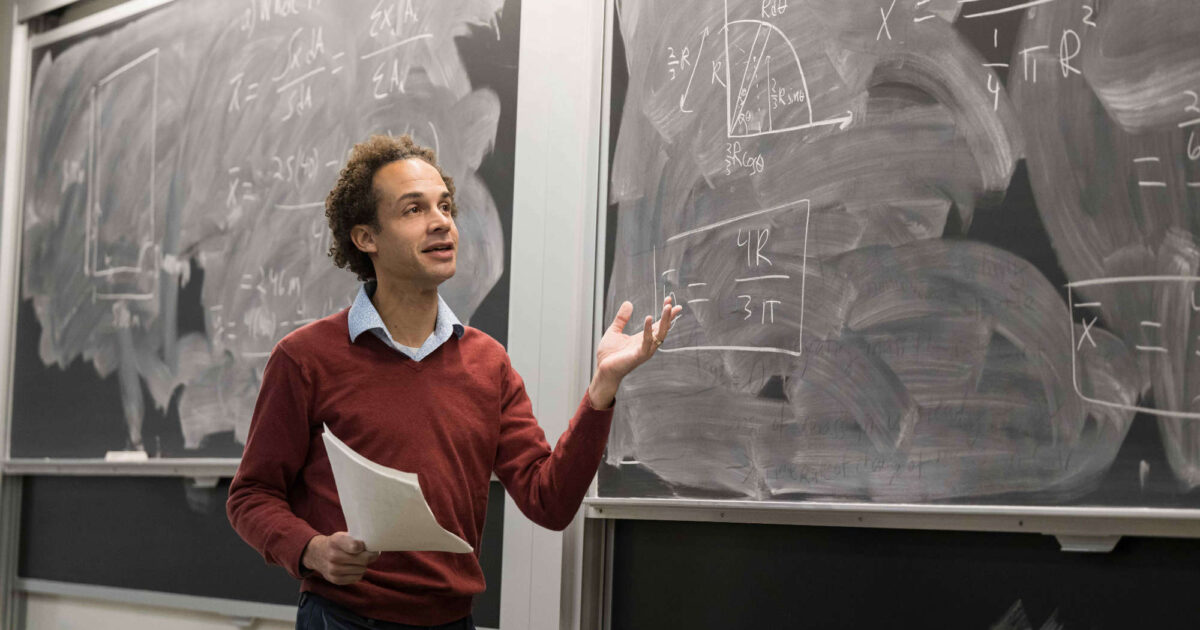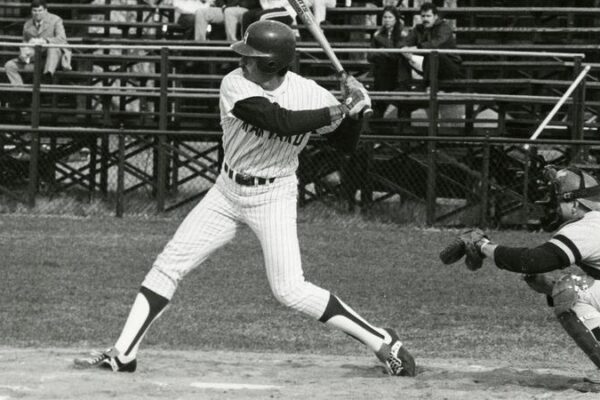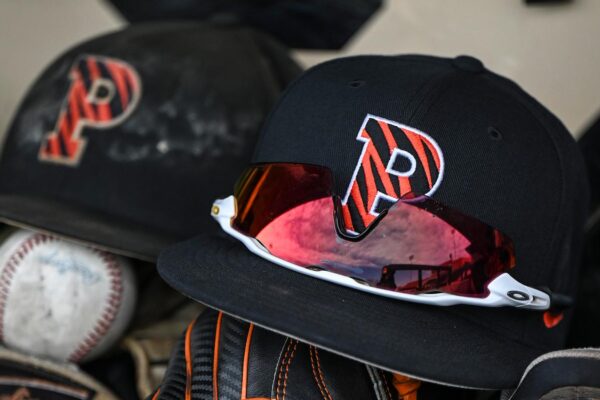Biomedical engineering as a passion worth sharing
The Buckley Lab: under pressure
The focus of the Buckley Lab at the University’s Medical Center is to exploit the principles of mechanics to improve treatments for diseases and injuries affecting soft biological tissues. It’s divided equally into ocular, cartilage, and tendon study.
“In layman’s terms, we push, pull, and squeeze tissues to see what happens,” he says. “Why do we do that? Because mechanical forces are fundamentally important to biological tissues in the context of both health and disease. So many tissues are adapted to require mechanical forces for sustained health.”
Bone, he says, is the best example. “If you’re bedridden, your bones can lose mass and density, and you develop disuse osteoporosis. Your bones start to erode and wear away. So you need those forces at the right time. And we know that too much force is bad and can lead to injury. We try to understand that balance.”
Amy Lerner, an associate professor in biomedical engineering, says Buckley “seems to always have room for one more student in his lab,” and his inclusiveness is inspiring. “His lab has been the academic home for many underrepresented students,” she says. “His ability to inspire, motivate, and hold students accountable has been a critical part of our department.”
It was Buckley’s passion for research and academia that inspired students like Ananya Goyal ’20, now a fourth-year PhD candidate in bioengineering at Stanford University, to pursue a similar path. Her focus is on combining biomechanics and medical imaging to study osteoarthritis—interests that were nurtured in Buckley’s lab.
“My experience with Dr. Buckley has been transformative,” Goyal says. “His expertise as an educator and mentor has not only enriched my knowledge but also instilled in me a dedication to excellence in the field.”
Buckley takes a practical—and inspiring—approach in his lab.
“I would love for my lab to do something that changes the world,” he says. “The reality is the chance is greater that someone I train in my lab is going to make a discovery that changes the world. It’s a numbers game.”
Buckley’s students take the lead—in and out of class
Buckley has an open-door policy, allowing students to pop into his office as needed.
“That’s important to me because, honestly, a lot of learning happens outside the classroom,” he says. “I remember as a student listening to a lecture, and I just couldn’t keep up with everything. So, having students come up to me after class or popping in my office is important. No lecture is going to be 100 percent digestible to all students.”
“I want to be approachable. I want students to tell me I need to go slower. Feedback makes me a better teacher.”
When students say they didn’t understand the lecture, Buckley isn’t offended. “It’s the opposite,” he says. “I’m refreshed. I want to be approachable. I want students to tell me I need to go slower. Feedback makes me a better teacher.”
Buckley wants his students to be active participants, not simply listeners, and to that end, he took an idea from his teaching assistant, Alexander Kotelsky ’12, ’20 (PhD), and implemented student-led workshops. Students create problems related to the course material, which are then solved by the rest of the class. Stephen McAleavey, chair of the Department of Biomedical Engineering, says the workshops “have proved very effective in helping students achieve mastery of the course material, as well as building a sense of community within the course.”
Buckley believes students benefited greatly from the exercise. “It’s ‘teach to learn’—the belief that you never really understand something until you have to explain it to someone else.”
A passionate professor
Buckley says his goal is to be an “approachable teacher” with contagious passion.
“I’ve been lucky in that every course I’ve taught is one in my field or one I developed,” he says. “So many of them are in my wheelhouse, and I think I exude passion. If I sound excited, it’s because I am. I see my job as getting students to learn and be excited about the material.”
Buckley’s goal is to oversee classes where students are comfortable asking questions. “It’s a place where every question is respected, and there’s time for discussion,” he says.
He wants to be a mentor as well as a teacher.
“I had struggles here and there when I was a student,” he says. “But I had mentors who cared, who told me what grad school was like and how to get into grad school. And that’s why I try to give back. If you don’t have that support structure, it can be confusing, difficult, and challenging. Being a mentor may be the greatest impact I have in my career.”














